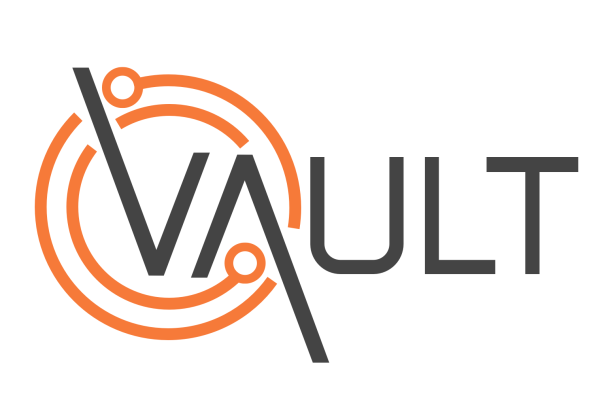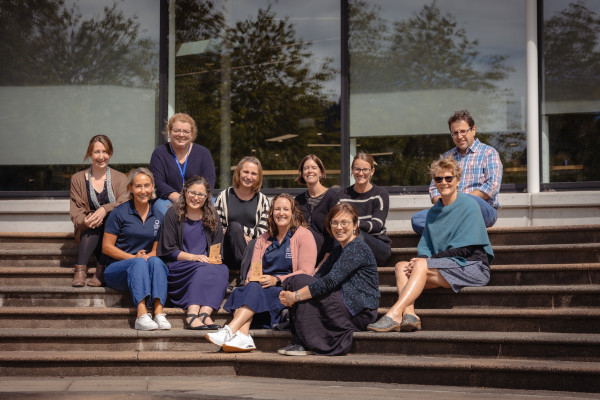- Tūhono home Hoki ki Tūhono
-
- Staff Directory
- Chief Executive Office Auckland International Office Corporate Services Finance Campus Services Functions and Catering Information Systems and Support Marketing, Communications and Engagement Learner Journey Academic Registry International Learner Services Te Punaka Ōwheo
- Learner Experience Academic Excellence Central Campus College of Community Development and Personal Wellbeing College of Engineering, Construction and Living Sciences College of Health College of Work Based Learning Open Education Resource/OERu Research and Postgraduate Studies Te Maru Pumanawa | College of Creative Practice and Enterprise
- Māori Development and Kaitohutohu Office People, Culture & Safety People and Culture Childcare Centre Te Ama Ako | Learning and Teaching Development Wellbeing and Safety Auckland Staff Directory Executive Office Academic Corporate Services Marketing and Business Development Human Resources Campus Quality and Programme Development
-
 Our people make a better world
Our people make a better world
We build the capabilities of individuals, organisations and communities and help them to realise their potential.
Staff Directory
-
- Tools
- Academic Integrity Declaration Form AIC applications dashboard Approved programmes Approved programme fees Centralised assessement repository Chemwatch Course evaluation and surveys CRM applications CRM customer service hub Delegations policy/process Disability and neurodiversity Dynamics 365 (CRM) EBS Ontrack EBS Report Email security personal portal Employment Matters / Solarworkplace / Performance reviews eTaxi eTV
- Financial variance reporting Hidden Disabilities Sunflower programme FCM travel intranet InPlace International entry requirements Knowledgebase articles Learner support dashboards Linkedin Learning Log a job with Marketing Login as an applicant Media consent form Microsoft 365 Moderation App Moodle OP Docs OP Docs - Publishing OP Image Libraries Performance Excellence Portal Product Evaluation Panel
- Policy Library Privacy Programme and course design/development Qualtrics XM RDS Remote access support portal Research Database Robertson Library Staff FAQs about graduation Status of Programmes Student intranet (Kāpehu) Study Abroad info for learners Taha Talks (videos for students) Tūhauora I Wellbeing resources Uniprint Vault Webexpenses Auckland tools
-
 Vault
Had an accident or near miss?
Log it here
Vault
Had an accident or near miss?
Log it here
-
- Communities
- Community AI Steering Committee Ally Network EBS Community of Interest EdTech Champions Health & Wellbeing Research Internal Evaluation Neurodiversity Professional Team Professoriate Proud@OP Student Support Website Advisory Group Web Champions Working under the Rainbow Project Learner Capability Trade Training Centre
- Committee Academic Committee Animals@OP Diversity and Equity Doctor of Professional Practice Committee Kaunihera Whakahaere - Leadership Council Internal Evaluation Learning & Teaching Leadership Team Library Committee Mental Health and Wellbeing Advisory Group Otago Polytechnic Board of Directors Pastoral Care Code Committee Programme Approvals Committee Research and Postgraduate Committee Research Ethics Committee Staff Subcommittee
- Think Tanks Mātauraka Our learners achieve educational success Pūtea Our financial success Tākata Our people, our team, our community Tiriti Our active commitment as a Treaty partner Tūroa Our commitment to be a sustainable and responsive organisation
-
 Create a community
Create a community
Do you have a community, committee or project that you'd like represented here?
Communities
-
- About OP
- Keep up to date All news All events All notices All blogs Share your info Create a news article Create an event Create a notice Create a blog
- Community and Partnerships Alumni and friends Education Foundation Operational information Academic calendar 2025 Academic calendar 2026 Current vacancies Dunedin campus map Our policies Topical FAQs
- Who we are About OP Commemorative sites Māori Strategic Framework OP merchandise Our history Our strategic priorities Pasifika Strategic Framework (2025-2030) Vision and Values Working for us OP job opportunities Wellbeing Calendar Working at OP
-
New Zealand: 0800 762 786
contact us
International: +64 3 477 3014
A weighty issue: The implications of an ultrasound prediction of a large baby in pregnancy
Author: Cara Baddington
A weighty issue: The implications of an ultrasound prediction of a large baby in pregnancy
Cara Baddington
31 January 2022
Baddington, C. (2021). A weighty issue: The implications of an ultrasound prediction of a large baby in pregnancy. (A thesis submitted in fulfilment of the degree of Master of Midwifery at Otago Polytechnic) https://doi.org/10.34074/thes.5761
Abstract
Ultrasound scans are an increasingly normalised part of pregnancy in Aotearoa New Zealand. In the third trimester, fetal measurements and weight estimations are undertaken at all scans, regardless of clinical indication. Even though these size predictions can be inaccurate, they heavily influence clinical decision-making. As a result, people with a scan prediction of a large baby may be more likely to have unnecessary interventions that do not improve outcomes, irrespective of the baby’s actual birthweight.
My study aimed to explore the implications of an ultrasound prediction of a large baby on birthing people’s perceptions and experiences of their pregnancies and births, including their birth choices and relationships with caregivers. The study was underpinned by feminist poststructural theory, which is interested in the exposure of apparently fixed truths as socially and politically situated, and the creation of possibility for different ways of knowing and being through the deconstruction of those fixed truths. This focus was consonant with the objectives of my work: to expose the current apparent truths and practices about large babies and birth as the products of dominant medical discourse, and then set about disturbing them and creating space for a midwifery and women-centred narrative of fetal growth.
In conducting the study, I carried out semi-structured interviews with people who had experienced a large baby prediction in pregnancy. I then analysed the data using reflexive thematic analysis. My analysis identified three overarching themes. The first described the two dominant medicalising discourses that prioritised surveillance and risk-centric care, and problematised large babies. The second identified the oppressive effects that engagement with these discourses had, including women experiencing fear, guilt, and a loss of control as they were directed on high intervention care pathways. The third explored the ways that women attempted to resist the oppressive effects of dominant discourse by privileging women’s ways of knowing, trusting their bodies to grow and birth normally, and seeking to gain control of decision-making about their experience. My findings demonstrated the negative impact that a large baby prediction had on women’s experiences and care pathways and identified opportunities for those women to challenge the problematisation of predicted large babies. The importance of a supportive midwifery relationship to these resistances was clear. The role of midwives in partnering with women to challenge medical meanings and practices related to large babies is affirmed as a key finding in this research.
Keywords: ultrasound, macrosomia, feminist, poststructuralist, midwifery
Cara's research was supervised by George Parker and Karen Wakelin.
License
This thesis is available under Creative Commons Attribution-NonCommercial licence CC BY-NC-ND 4.0 International.
![]()